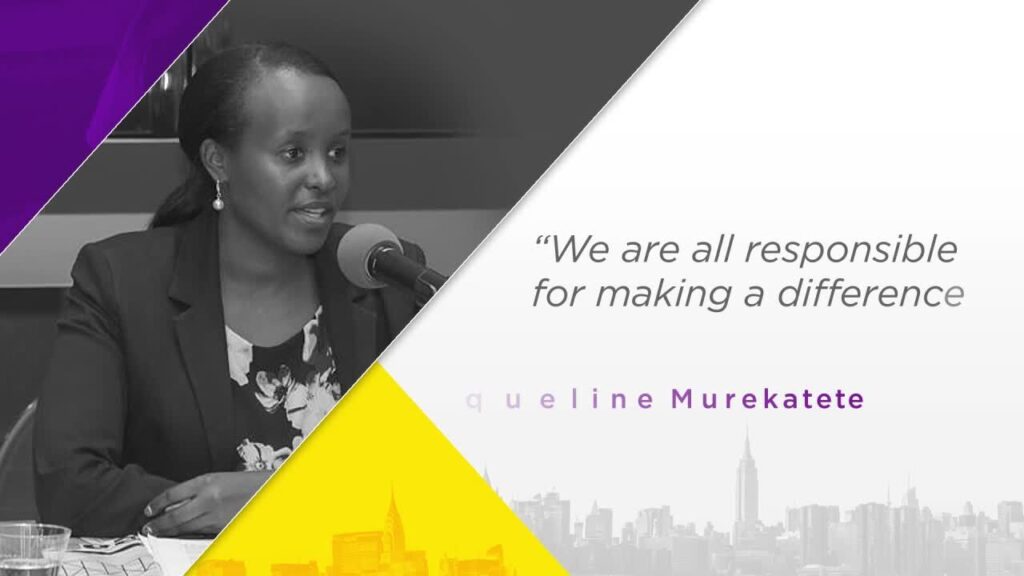
As we mark the Commemoration of the 28th Anniversary of the Genocide Against the Tutsi in Rwanda (Kwibuka 28) we publish here an extract from a new paper by Noam Schimmel in Peace Review: A Journal of Social Justice on “Transitional Justice Interviews and Reflections: Perspectives of Women Survivors of the Rwandan Genocide against the Tutsi on Reparation and Repair.”
For the paper, Noam interviewed three women survivors with the aim of amplifying grassroots perspectives on transitional justice and, specifically, reparative justice. This helps to address the point that he raises that the voices of survivors of genocide and other mass atrocity have largely been elided in the extensive development of academic literature on transitional justice. It serves as an important record in documenting the perspectives of women survivors.
A primary concern of all three survivors interviewed is the lack of support for the respect and fulfillment of the human rights of genocide survivors and a lack of inclusion of genocide survivors in benefitting from development and humanitarian aid in Rwanda. Although there is a large presence of development and humanitarian aid NGOs in Rwanda – including many that focus on women’s rights and that incorporate concern for the respect, protection, and fulfillment of women’s rights in their programming – they do not significantly address women genocide survivors.
Despite advocacy on the part of women genocide survivors urging these NGOs to center women survivors of the genocide in their programming, NGOs have overwhelmingly marginalized women survivors for reasons of political expedience and because of a general unwillingness to acknowledge the unique and severe forms of vulnerability and disadvantage that women genocide survivors in Rwanda face. We see the concern the survivors interviewed here have with this systemic institutionalized injustice, with Jacqueline Murekatete addressing it in particular depth and detail. As a founder of the Genocide Survivors Foundation in her advocacy work she has seen over and over again the extent to which genocide survivors – and especially women genocide survivors – are marginalized and excluded in the context of development and humanitarian aid in Rwanda and in the values and practices of international NGOs and national aid agencies and UN agencies working in Rwanda.
Key concerns that the interviewees highlight that need to be taken into account and responded to by human rights, development, and humanitarian aid NGOs in Rwanda and by binational and international aid agencies such as USAID and United Nations agencies such as UNDP, UNICEF, and UN Women include:
– Psychological and trauma support services including comprehensive counseling, social worker, and therapeutic interventions to address anxiety, hopelessness, isolation, depression, and trauma
– Recognition of the profound and complex ways in which women survivors of genocide experience deprivation as a result of the genocide and its legacy
– Recognition of and responsiveness to the unique needs and vulnerabilities of genocide survivors – specifically women survivors – and substantive and sustained efforts to work closely with genocide survivor organizations as full partners in development and humanitarian aid that is inclusive of genocide survivors and that values and affirms their right to consultation, participation, and partnership
– Medical care, especially medical care that is gender sensitive and responsive
– Financial support including job training and training and support for income-generating activities
– Addressing food insecurity with reliable, sufficient, and nutritious food provision
– Adequate provision of safe shelter
– Support for the education of genocide survivors, both formal school and technical-vocational training and other forms of education that advance self-empowerment, self-reliance, and full social and economic integration
– Accountability for and reparative justice from governments such as the French government that were complicit in the genocide and for organizations who were complicit as well, such as the United Nations
– Retributive justice for those individuals who participated in the genocide, whatever their background and nationality
– Public education and commemoration of the genocide
Unfortunately, it is rare that one finds the voices of women genocide survivors and genocide survivors in Rwanda more broadly in the development, humanitarian aid, and human rights literature on Rwanda. This article aims to plant a seed in the hope of stimulating greater attention to the human rights, needs, realities, perspectives, and hopes of Rwanda’s genocide survivors and in particular of women survivors.
